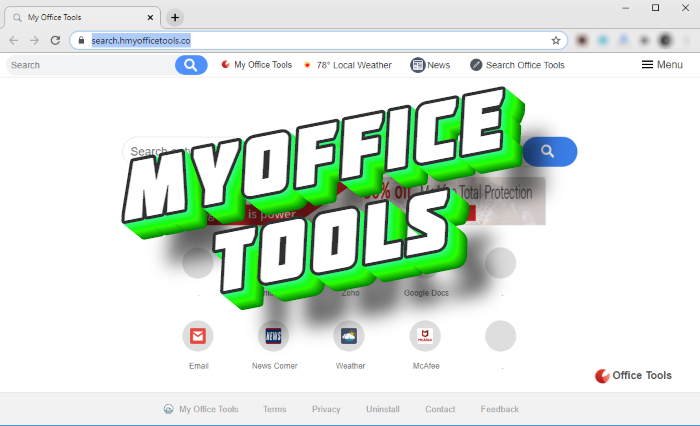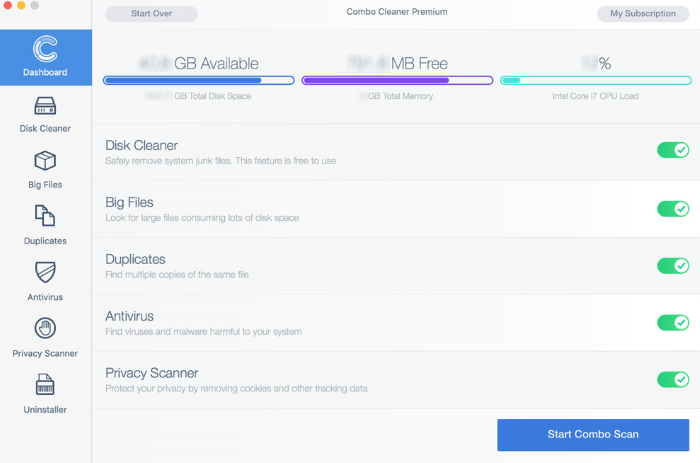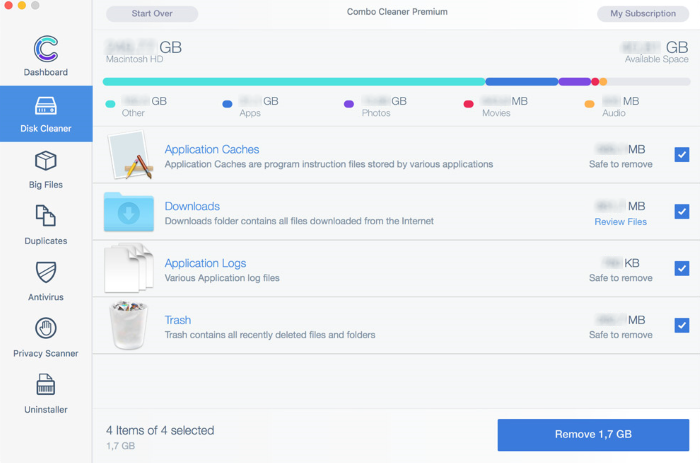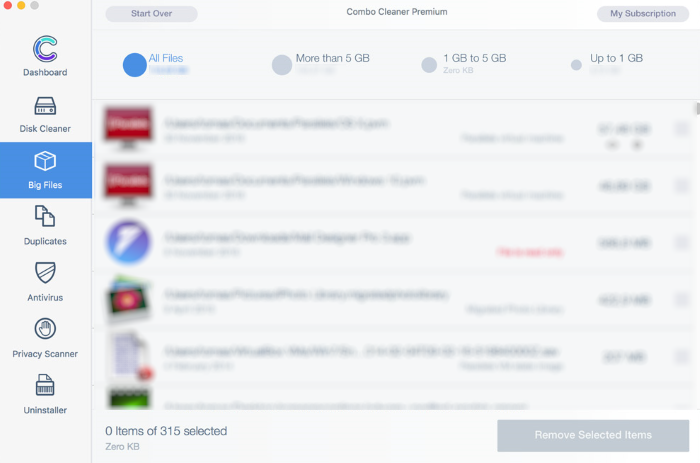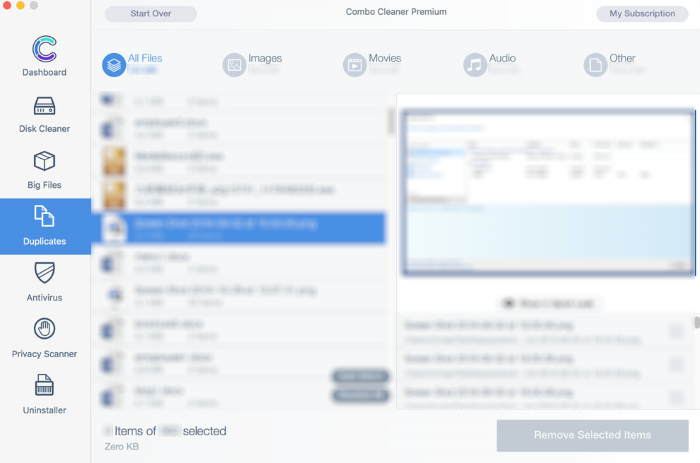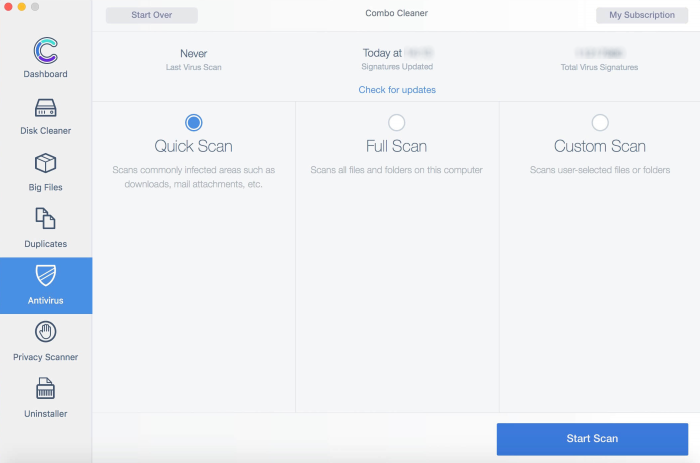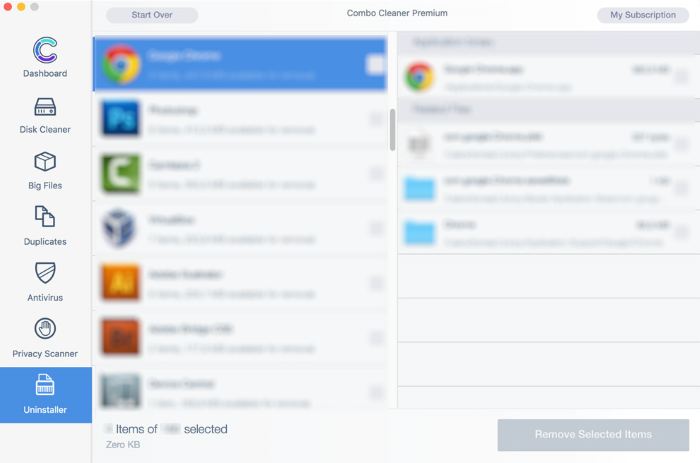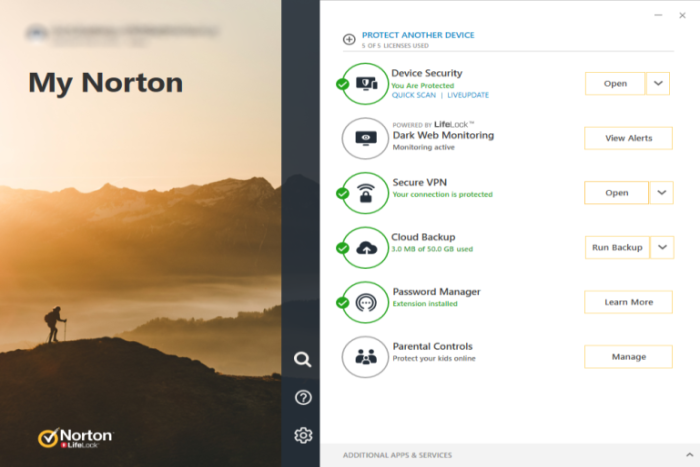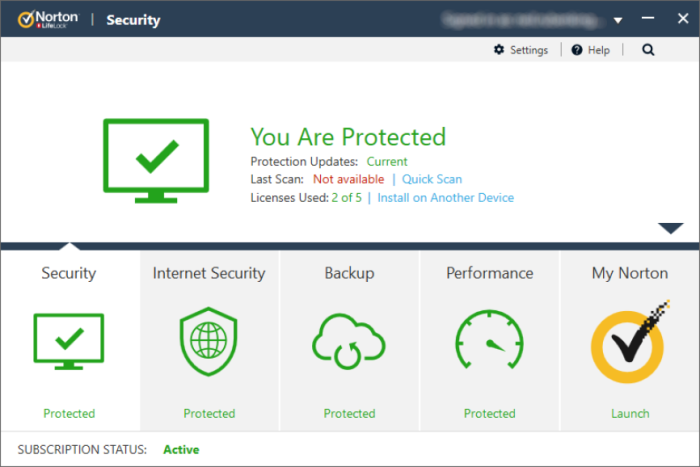What is MyOfficeTools?
If your internet activity is redirected to search.hmyofficetools.co website it means that your browser is infected with a hijacker. This malicious soft usually spreads by the means of bundles and fake installers. In the first case criminals compile various installers into one pack. Then they promote it as a free or even cracked software packs. Generally the terms of installation of such packs are unclear and victims don’t suppose what they are going to install. Talking about installers we should aware you, that criminals usually promote them as an update for Flash Player. So when MyOfficeTools hijacker is installed, it changes the settings of the browser and prevents their further alteration. Because of these changes you face redirections and other annoying issues. The main aim of this attack is information. While you are using the services provided by MyOfficeTools hijacker itself and search.hmyofficetools.co website, you also share your personal and non-personal information. Then this info is used for various purposes. Hackers can even make the targeted ads based on your searching queries. Be aware, such linked websites promote questionable software and services and sometimes contain malicious scripts. So as you can see it’s very important to remove MyOfficeTools hijacker from your computer. And if you don’t know how to do it, use our detailed guide!
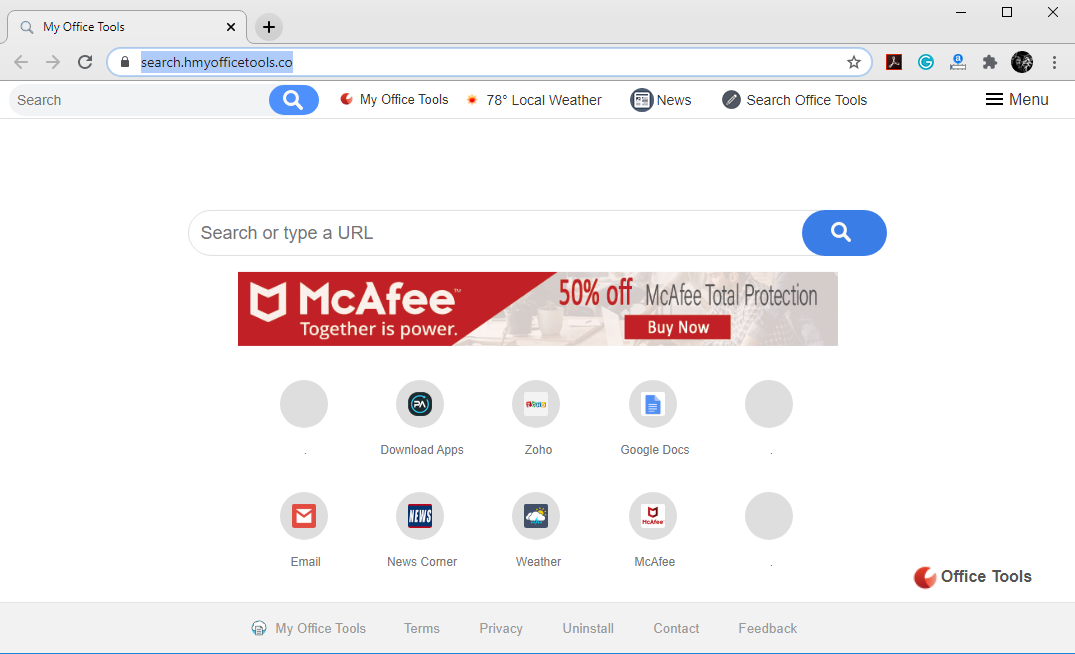
Article’s Guide
- Automatic solutions for Mac OS
- Automatic solutions for Windows
- Manual solution for Windows
- Manual solution for Mac OS
- Restore Group Policy settings
- Manual solution for Safari
- Manual solution for Google Chrome
- Manual solution for Mozila Firefox
- Manual solution for Internet Explorer
- Manual solution for Microsoft Edge
How to remove MyOfficeTools hijacker and pop-ups?
The uninstallation of hijackers is not as simple as it might seem. Sometimes it requires really strong skills and time to remove it. If you use manual solutions, you should be aware of the fact, that there is a risk of damaging your data or even operating system. For this reason we’ve prepared two possible ways on how to remove this hijacker.
How to remove MyOfficeTools hijacker automatically?
This way is the easiest and fastest one. Automatical instruments help to remove such threat fast and easy and moreover, they also mitigate a risk of data or system corruption.
Automatic solutions for Mac users
We strongly recommend you to use a powerful anti-malware program that surely has this threat in its database at the present moment. It will mitigate the risks of the wrong identification of the threat and will mitigate the risks of the wrong uninstallation. Our choice is Combo Cleaner. Download Combo Cleaner antivirus for Mac in order to remove the source of “search.hmyofficetools.co” redirections and pop-ups automatically. Developers of Combo Cleaner regularly update its databases, what helps to remove various threats and moreover, to prevent malware attacks. Simple, effective and user-friendly.
Disk Cleaner, Big Files Finder and Duplicates Scanner features are free to use. Antivirus, Privacy Scanner and Uninstaller features are paid ($39.95 for semi-anual subscription. By clicking the button, you agree to EULA and Privacy Policy. Downloading will start automatically.
Automatic solutions for Windows users
Sometimes it’s difficult to find and identify the root of MyOfficeTools redirections and pop-ups in order to remove these threats. That’s why our choice is Norton 360 . Norton 360 scans your computer and detects various threats like MyOfficeTools hijacker, and then removes them with all of the related malicious files, folders and registry keys.
How to remove MyOfficeTools hijacker manually?
Disclaimer: You do it on your own risk. We don’t bear any responsibility for your actions. These instructions are rather large and it requires 100% precise execution.
Windows
- Press the Windows button and then go to the settings menu.
- After it go to the apps menu.
- In the left side of the menu choose the sub-menu Apps & features.
- Now remote all suspicious programs.
- Then you have to clean your browser.
Mac OS
- Press the Go button in the upper-left side of the screen.
- Click the Applications button
- Be attentive, and look for suspicious programs (This hijacker may have a different name)
- As you find them – delete them all
- Now press the Go button and then Go to the folder…
- In the search bar type /Library/LaunchAgents and remove all suspicious files in this folder
- Choose the Go to the folder… option once again and type /Library/Application Support
- Remove all suspicious files and folders
- Then, with the help of the same menu, go to ~/Library/LaunchAgents and remove all suspicious files from there
- Do the same with /Library/LaunchDaemons folder
- System Preferences and go to Profiles, remove all unknown profiles. If you do not see profiles as an option then you do not have any installed.
- Here you’d better use CleanMyMac in order to get rid of the root of the problem at all.
- Now you have to clean your browser
Restore Group Policy settings
Solution for Windows users: Sometimes viruses change your Group Policy settings that may lead to different troubles, like disability to remove the dangerous program or any other software, or it may provoke a number of errors. It’s very important to restore these settings, but be careful: you can easily damage your system.
- Open File Explorer.
- Copy and paste in the address bar the C:\Windows\System32\GroupPolicy\Machine\ address and then press Enter.
- Find registry.pol file and delete it or move to the other directory.
- Close File Explorer and press the Windows+X buttons
- Open Command Prompt (Admin) or Powershell (Admin).
- Copy and paste this command gpupdate /force and now press Enter
- Reboot your device
How to remove MyOfficeTools hijacker and pop-ups from your browser?
It’s very important to clean your browser after removing the “head” of the problems. Follow the instruction and you will win this fight.
Safari
- Launch your browser and press Safari button in the upper right side of the screen.
- Here click on Preferences button and choose Extensions.
- Now look for any suspicious plugin and click Uninstall button to remove it.
- Close the menu and press Safari button again.
- Push Clear history and website data button
- Choose all history and data and then press Clear history button
Google Chrome
- Open your browser, click on the Menu button in the upper right side of the browser (It consists of 3 dashes)
- Here choose More tools menu and then press Extensions button.
- Now look for any suspicious plugin and then press Trash button or Remove button in order to delete it (usually it’s toolbars or searching engines).
- Close the menu and click the 3-dashes button, choose Settings menu, look for Manage Search Engines button and press Manage search engines.
- Here you should look for any suspicious search site and delete it
- Close the menu and press 3-dashes button again.
- Here press Settings button and scroll down to the bottom.
- Now press Reset browser settings button, then click Reset button again to confirm this process.
Mozilla Firefox
- Launch your browser, click on Menu button in the upper right side of the browser (it consists of 3 dashes).
- Now click on Add-ons and choose Extensions menu.
- Then look for any suspicious plugin and click on the Remove button (usually it’s toolbars or searching engines).
- Close this menu and press Firefox button in the upper left side of the browser.
- Press Question mark button and click on Troubleshooting information (this menu can also be found in 3-dashes menu)
- Now press Reset Firefox button in order to delete this scam
Internet Explorer
- Open your browser and press the Gear button in the upper right corner of your browser.
- Here you should select Manage add-ons.
- Now look for any suspicious plugin and remove it (usually it’s tollbars or searching engines).
- Close the menu and press the Gear button again.
- Choose the Internet Options button. Stay in General tab.
- In the Homepage sections remove malicious URL and enter URL that you want.
- Now close the menu press the Gear button again.
- Here select the Internet options and go to the Advanced tab.
- Press the Reset button, select Delete personal settings and click on the Reset button in this menu
Microsoft Edge
- Launch your browser and press More button (it consists of three dots at the upper right side of the browser).
- Now press Settings button and then Choose what to clear button.
- Choose everything and then press Clear (careful: you will delete all your data from the browser).
- Then you should right-click on the Windows button and select Task Manager.
- Look for Microsoft Edge process and then right-click on it and choose Go to details option.
- If there is no Go to details option you have to click More details and return to previous steps.
- Now search for processes called Microsoft Edge, right-click on them and choose End task option
COCNLUSION: There are all manual instructions that will help you to find “MyOfficeTools” hijacker and the root of pop-ups on your computer and remove them. The most effective method to get rid of “MyOfficeTools” redirections and notifications is to perform the manual removal instructions and then use an automatic tool. The manual method will weaken the malicious program and the Combo Cleaner will remove it.
Disk Cleaner, Big Files Finder and Duplicates Scanner features are free to use. Antivirus, Privacy Scanner and Uninstaller features are paid ($39.95 for semi-anual subscription. By clicking the button, you agree to EULA and Privacy Policy. Downloading will start automatically.

